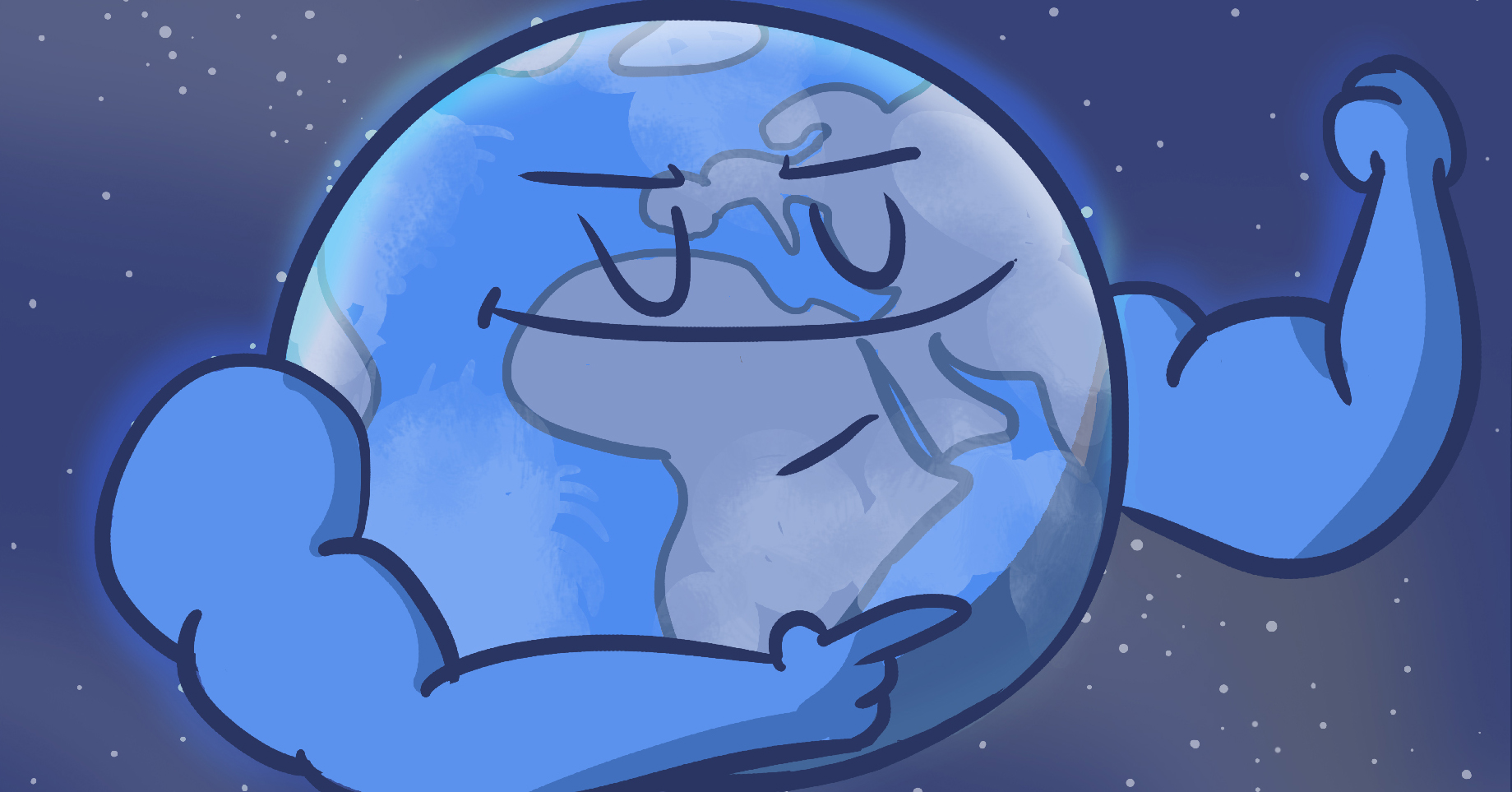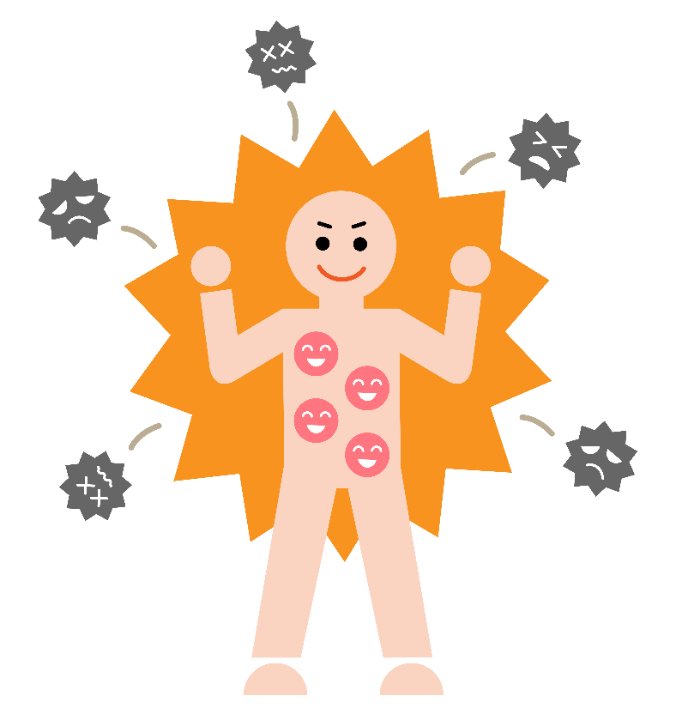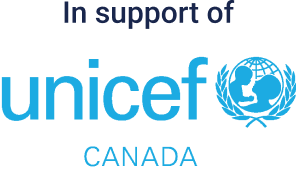How to Handle Your Vaccines Like a Champ (BC 9)

![]() If you'd like someone to read this section for you, click play below.
If you'd like someone to read this section for you, click play below.
This lesson is about why you get vaccines in school, what to expect on immunization day, and ways to be less anxious.
You don’t usually learn much about vaccines (also called vaccinations or immunizations) in school, but they are really important for your health.

Are you nervous about getting needles?
Many people are!
In this lesson, you’ll also learn how to use the CARD system to have a better immunization experience.
Let's start with a video where Angelo talks about vaccines and how to prepare for immunization day at school.
PLEASE NOTE: This video shows a few children preparing for and getting a vaccine (needle). Any students who might not like to watch this can look away and just listen. The child shown in the video is fine and not scared at all. Getting a needle only takes a few seconds.
![]() If you'd like someone to read this section for you, click play below.
If you'd like someone to read this section for you, click play below.
Wow! Angelo has really done his research. The information in the video is based on science about how vaccines protect you and others, as well as how to prepare for vaccination day at school.
Click on the questions below to review what you’ve learned so far.
Immunization
- What are vaccines?
-
Vaccines are medicines you can take to help prevent some diseases before they happen. Vaccines work with our immune system – the body’s natural defense system against viruses and bacteria – to help the body develop protection against diseases.
- How do vaccines work?
-

Vaccines work by teaching your body how to recognize and fight off certain disease-causing germs without having to actually get the disease.
Vaccines are a safe way to expose our immune systems to certain parts of bacteria or viruses called antigens. The immune system then responds to these antigens by creating antibodies for future protection.
That way, if your body comes into contact with the germ in the future, it will know how to fight it off.
- Why do I need vaccines?
-

Vaccines help protect you against serious diseases that can make you really sick. Vaccines can prevent severe illness and even death. Getting vaccinated for a disease means that your immune system has instructions on how to fight off the germ that causes it. Even if you still get sick with the disease, it will be less severe.
When you get vaccinated, you help protect others, too! When many people get vaccinated, it creates something called community immunity. Community immunity means that many people in a community are protected against a disease through immunization, so the disease is less likely to spread. Community immunity is important because it helps protect vulnerable people who cannot get vaccinated, such as infants and people with certain medical conditions.
- Are vaccines safe?
-
Yes. Vaccines are very safe. Doctors and scientists study vaccines very well to make sure they are safe.
Vaccines are held to the highest safety standards. This is because they are given to healthy people, including children. In fact, the approval process for vaccines is stricter than that for most drugs available in Canada.
It can take up to ten years or even longer for a vaccine to be developed, tested, and finally approved for use by Health Canada. Even then, the work doesn’t stop there. Once a vaccine has been given to the public, its safety continues to be monitored.
Immunization Day
- What should I do before immunization day?
-
Review the vaccine permission form with your parent or guardian. Return the signed form to your school.
The nurses at your local health unit, community health centre, or primary care clinic can answer questions about vaccines. They can also talk to you about mature minor consent. This means you may be able to give consent for yourself if a health care provider is sure that you understand:
- The need for health care
- What the health care involves and
- The benefits and risks of the health care
- What should I do on immunization day?
-
Make sure you eat breakfast and be sure to wear short sleeves or a top that lets your upper arm be reached easily. Having something to eat before you get a vaccine will help ensure that you feel good before and after immunization.
- What happens on immunization day?
-
Nurses come to your school to give vaccines.
First, the nurse will ask you a few questions, help you feel comfortable and check over your signed form.
Next, the nurse will give you the vaccine in your upper arm. You might feel a pinch, some pressure or pushing when you are given the vaccine. This will only last a few seconds.
- How will I feel after I have my vaccine?
-
Lots of people don’t feel any different after getting a vaccine. Some people might have a mild reaction, like a sore arm or some redness or swelling where the vaccine was given. The nurses will make sure you’re feeling good before you go back to class.
- What if I am afraid of needles?
-
If you’re afraid of needles, you’re not alone. It’s normal to feel anxious or worried about getting vaccinated. In the next part of the lesson, you will learn what you can do to make vaccines more comfortable and make immunization day easier.





